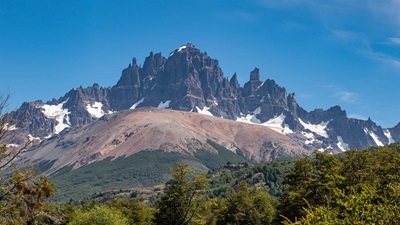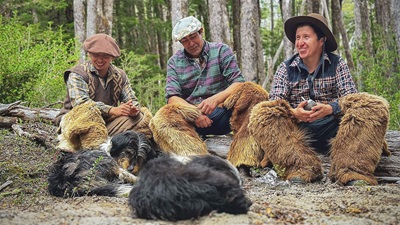Chilean University Develops Program to Improve Management of Latin America’s Marine Protected Areas
New diploma aims to further train those who oversee these crucial places

Over the past 10 years, the Southern Cone countries—those at the southernmost part of South America—have made considerable progress in creating large-scale marine protected areas, which has significantly strengthened the protection of their exclusive economic zones (coastal waters to which a country has exclusive fishing and other rights). For example, in mid-2014, Chile had less than 5% of its sea under some form of conservation, a figure that has since grown to 43%. Argentina has protected 8% of its waters, and Uruguay is working to achieve at least 10% protection.
But simply declaring a protected area on paper is not enough; without real and effective management, these areas are unable to meet their conservation objectives or benefit local communities. Governments pledged, as part of the 2022 Kunming-Montreal Global Biodiversity Framework, to protect 30% of the world’s lands and ocean by 2030, which requires signatory countries to have a sufficient number of well-trained personnel in each protected area—and adequate funding to equip and support them. Today, Chile has just one park ranger for every 89,000 acres of protected area, while the recommended ratio is one ranger per 6,400 acres.
For this reason, in late May, the Universidad Austral de Chile began its inaugural Diploma in Management and Governance of Marine Protected Areas, a program aimed at professionals from throughout Latin America in fields such as environmental science, marine biology, and natural resource management as well as others who help manage marine protected areas.
The diploma program covers topics such as monitoring marine species and environments; tracking social and economic trends; and applying good governance techniques—among many other skills and types of expertise that marine protected area managers must acquire to help these areas meet their conservation goals.
The program is part of a collaborative effort involving the Universidad Austral de Chile’s Academy of Protected Areas and Communities, along with the organizations participating in the Forum for the Conservation of the Patagonian Sea and Areas of Influence: World Wildlife Fund Chile, Wildlife Conservation Society Chile, Fundación Vida Silvestre Argentina, and Pew, with support from the Blue Nature Alliance.
Carolina Jarpa works on The Pew Charitable Trusts’ Chilean Patagonia project.







